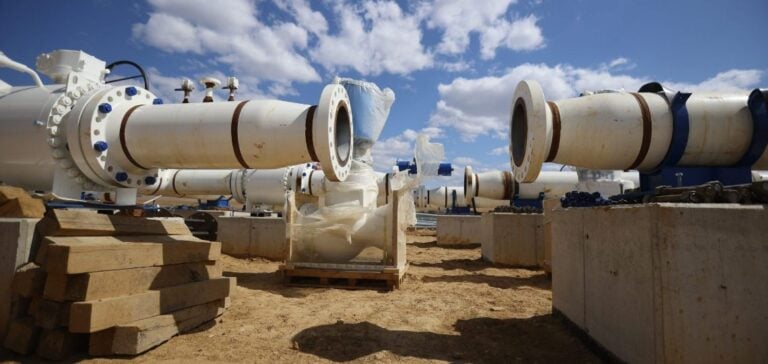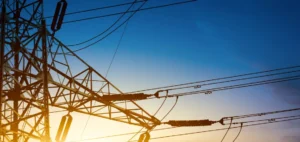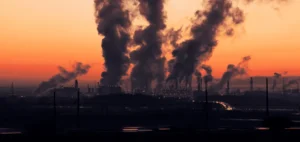Moldova has announced the implementation of a state of emergency starting December 16, 2024, a decision made in anticipation of an interruption in Russian gas deliveries to the separatist Transdniestria region. This measure, approved by 56 of the 101 members of the Moldovan Parliament, will initially last for 60 days and aims to strengthen the government’s ability to respond quickly to potential energy crises.
The Moldovan government justified this move by citing a critical shortage of energy resources that directly endanger the state’s and citizens’ security. According to an official statement, this situation could lead to a humanitarian crisis if rapid solutions are not implemented. Prime Minister Dorin Recean stated that the action is intended to reduce energy dependence on Russia.
A Long-Term Goal: Energy Security
Dorin Recean declared that this winter should be the last during which Moldova remains vulnerable to “energy blackmail” from the Kremlin. He highlighted the progress being made in constructing a high-voltage line connecting the capital, Chisinau, with Romania. This project is expected to allow Moldova to diversify its electricity supply and reduce its reliance on the Cuciurgan power plant, located in Transdniestria and primarily fueled by Russian gas.
Diversifying energy sources is a top priority for this former Soviet republic of 2.6 million inhabitants, which aspires to join the European Union. Under the leadership of President Maia Sandu, Moldova has already started this transition, though its dependence on certain Soviet-era infrastructures remains a significant challenge.
The Role of Gazprom and Tensions with Russia
The Russian energy giant Gazprom, Moldova’s main gas supplier, is demanding payment of a debt estimated at $700 million (€667 million). This amount, disputed by Chisinau, stems from a sharp tariff increase imposed by Moscow in 2021, even before the start of the Russian invasion of Ukraine. The Kremlin, for its part, uses this debt as leverage to maintain influence over Moldova and the separatist Transdniestria region, where it has stationed troops and holds strategic interests.
Moldova’s Energy Minister Victor Parlicov was recently dismissed, criticized for his handling of the energy crisis. Prime Minister Recean, however, remains optimistic, suggesting that Gazprom could fulfill its contractual obligations until 2026 by using alternative routes to transport gas. This prospect could mitigate the immediate consequences of Kyiv’s decision not to renew its transit agreement with Russia.
A Complex Regional Context
Moldova faces growing challenges tied to its geopolitical position. Tensions in Transdniestria, a region under Russian influence, amplify pressures on the pro-European government. Russia continues to exert influence in the region by controlling energy supplies and destabilizing Moldovan institutions.
Despite these obstacles, Moldovan authorities are advancing their European integration strategy. Infrastructure projects under development with Romania and other European partners could mark a turning point for the country in its pursuit of energy independence.






















